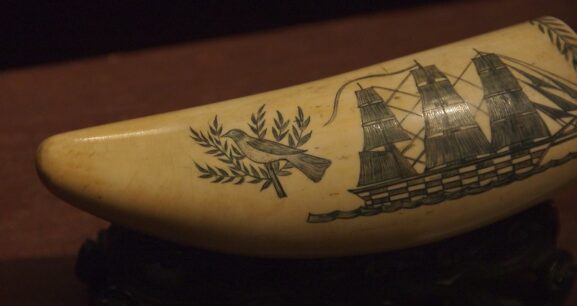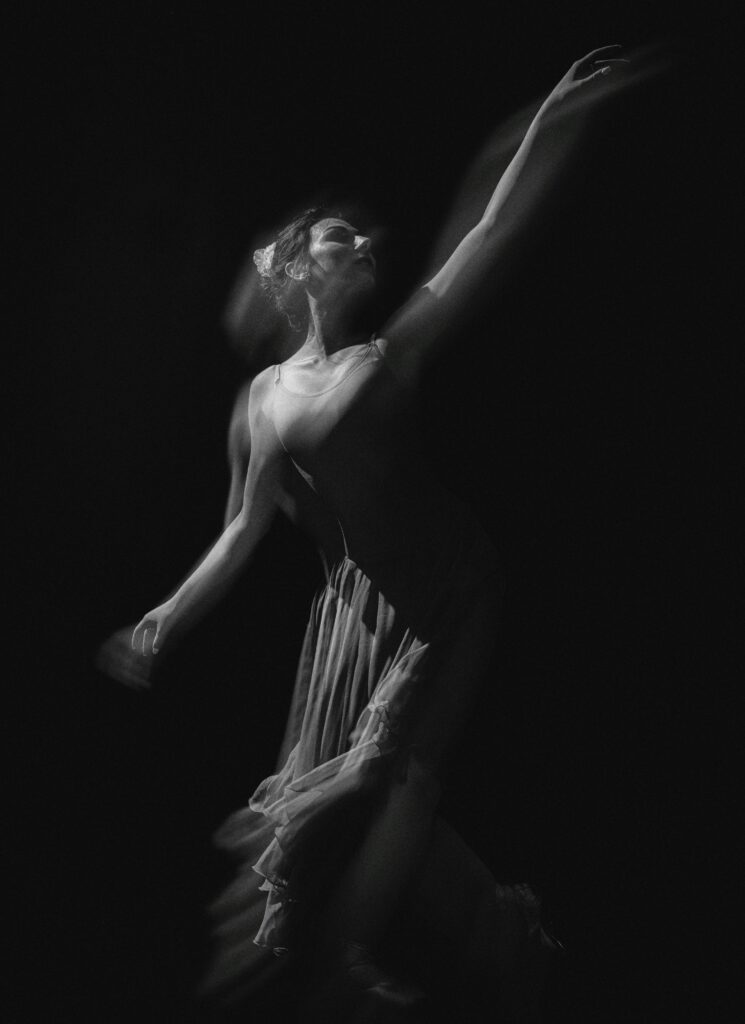TRYING TO DISCOVER INDIA
Oindrila Gupta, December 7, 2022
It is strange, now, so many years later, to be telling my story, writing this journal. I think back to that other journal, the one Columbus kept, day by day, sitting at the desk in his cabin as the waves rocked the Santa Maria, his quill scratching away, recording it all – leagues sailed, the direction of the wind, his hopes and fears. Mine will lack that immediacy, because all I have are a few scraps of notes and my memories, the memories of an old man far away from his land and his people, writing in a language that is not mine, for readers in another world. But if I do not tell my story, who else will?
So let me begin as Columbus did, with the weighing of the anchors. It was, I remember, a Friday – I had already learned their days of the week, and this was the day of Venus, goddess of beauty, sprung from the foam of the sea – Friday the third of August, by the Christian calendar the year fourteen hundred and ninety-two, when we set out from the bar of Saltes, at the confluence of two rivers, the Tinto and the Odiel, to sail into the unknown. [private]
I remember it well, that last glimpse of Europe. It was a grey day, overhung by those European clouds that block the light without providing the blessed release of a real rain. Many families were at the quayside, the women in their long skirts and high collars trying to hold back their tears, their children waving, little hands receding with the shoreline. The men waved back, too, some of them, for most of Columbus’ crew were from around these parts, and many did not know when, if ever, they would return to those who now bid them farewell. Then they went down to row, for the sails were limp, and we were counting on the ebb tide to take us down river. I had no one waving me goodbye, but I stood on the deck, hearing the liturgy of the friars of La Ribada on our port side, chanting to the greater glory of their unforgiving God, as the men on deck knelt and crossed themselves in supplication. I was still there as we went over the bar, watching the coast of that young – and to me quite new – continent disappear, and I thought of my own departure from Calicut, silent like a pariah passing a sleeping Brahmin.
We had set sail at eight o’clock, an auspicious time, by my calculations, just before the day entered the last four-fifths of the Panchami and the moon tenanted 13 degrees of longitude in Sagittarius, which would have required, if you believed at all in my astrological accuracy, a series of rituals to propitiate the planets – rituals I am sure Columbus would not have had time for. So we cast off in time, and there was a strong breeze to sea, which took us southwards as the sun rose, a scarlet stain across a glowering sky.
The breeze took with it too another ship, not of our fleet, the last of many that were all supposed to have left by the previous day, carrying away from Spain the Jews who had failed to undergo the Catholic baptism decreed for them by Columbus’ blessed Sovereigns. I had seen these people, kin to the Yehudis of Cranganore who had found safety in my homeland after an earlier European persecution (fleeing Romans then as they fled Christians now); I had seen them clogging the roads around Palos with their pathetic drooping donkeys and their overladen carts, choking the air with their chants of lamentation, stifling the sea-breeze with desperate sobs. I had seen them everywhere that Spanish summer, bundling their possessions onto carts, onto their backs, into their hearts, condemned to stop being what they were or stop being where they were, obliged to either betray their beliefs or abandon their homes. They were in our way at the port, screaming and wailing as they climbed pushed stumbled on board the ships that would take them away from the only homes they had ever known for generations. They suffered terribly, those Jews, suffered not just their immediate loss but even more the future loss of what they would never have again, their own country, the land to which they had given so much. I wanted to say to them, go in peace, my brothers and sisters, do not weep. I wanted to urge them to sail, sail away from this land where people think there is only one Truth and they know what it is, sail far without fear and without tears, for this Europe is a closed-minded continent, full of intolerance and oppression, a place worth leaving behind. I wanted to say to them, there is a world beyond where men can be men whatever the colour of their skin or the shape of their nose, where you can grow your beards or put caps on your head or worship in your own way without anyone asking you to explain or defend yourselves. I know that world exists because I am from it, it is my world, it is India. Sail with me and I shall take you there.
But I could not, for it was not my place to say this, nor my hope to offer; and so on the same tide, sailing down the Rio Saltes, overladen with suffering humanity, the last Jew-ship left Spain, and I could hear the sad sounds of their mournful pipe and tabor fading as the Jews drifted away from us, toward the Levant, the Spanish sun rising behind them for the last time.
For ourselves, we headed south-west, towards our first stop, the islands lying on the latitude of the Indias, what these people called the Canaries. Yellow birds, I thought reflexively, but no, it was dogs these Latins had named the islands for, howling wild creatures they had usurped the land from. One day these Europeans will want to do the same to us, I knew, and they will treat us as dogs too, caging our treasures like yellow birds.
But the waters were calmer than my mind, and as our little fleet sailed placidly on, I went to look for our leader, Colon, the man they call Christophorus Columbus. I found him in good spirits, pacing the deck with a proprietary air, his ear cocked to an inaudible muse in the foam of the sea, his own personal Venus. “Aha!” he exclaimed. “El Indio! Is it not magnificent?”
I nodded, because agreement was clearly expected, and he smiled self-satisfiedly, looking out to sea, turning his face to the spray. “I have been writing,” he declared, with that air he had of imparting information as if he were sharing a rare privilege. “I am writing a journal.” He was enormously proud of this; it was as if the act of writing itself validated, in anticipation, the momentous importance of the voyage he was undertaking. He intended to present his journal to his generous Sovereigns, who in their infinite wisdom – he was careful not to mention cupidity – had made the voyage of Christopher Columbus possible.
I watched him strut about the deck, barking an order here, asking a question there, filled with the optimism of one who had finally been given the chance to be proved right, and wondered again, for the thousandth time, why he had embarked on this madness. There was, of course, this thing that men call glory, but that was surely not the most important thing to him: I did not believe Columbus would care very much whether his name lived on or not in the minds of men, whether it was whispered in the hush when men told great stories of adventure and heroism and the deaths of kings. No, for him the immediate was what mattered; personal gain, here and now, certainly meant more to him, for he lived in the present, tasted its disappointments like sour berries, and yearned for the sweetness of success on his palate today, not at the next meal. I would never understand his fondness for titles, something we never took seriously in my country: “Don”, now that he had been ennobled just in time for the voyage, and that ridiculous “High Admiral of the Ocean Sea”, which he had invented for himself and wanted everyone to use.
“Colon,” I said to him, “I mean Don Christophorus, what on earth do these words mean? It is like calling yourself Main Emperor of the Earthly Lands, or Crowned King of the Soil on the Ground: either you’re an Admiral or you’re not, and the rest is irrelevant.” But there was something about Columbus that needed the reassurance of those unnecessary words, and High Admiral of the Ocean Sea he remained.
He had convinced himself, had Columbus, that his precious Sovereigns would make him viceroy in perpetuity of all the lands he was going to find on his way to India. And that after him, oh he insisted on this, his eldest son would succeed to the same position, and so on and on, he was meticulously insistent, Columbus savouring the ascent of generations yet unborn, his son would succeed to the viceroyalty after him, and so from generation to generation. A dynasty of Columbuses to rule the waves, all by dispensation of a pair of monarchs who did not even know where he was going, and who kept their promises the way a sultan kept his wives, to be fulfilled or ignored as it pleased the monarch’s fancy. Oh Columbus, I thought, but this time I did not say it, you are mad, you are naive, you are addled deranged foolish demented crazy.
And he was, this great sailor and explorer, this High Admiral of the Ocean Sea, with his reddish cheeks and his far-seeing stare, he really was two lateens short of a topmast. He thought he was going to convert all of India to his holy faith; now that all the Jews had been driven out of Spain, now Columbus wanted to build on this great Christian achievement by winning more magnificent victories for the Blessed Cause.
“My mission,” he told me, with that messianic glint in his cold blue eyes that must have frightened Isabella first, “my mission is to Christianize the Indians, bring enlightenment to the pagan.”
I tried to tell him we already had Christians in Kerala, converted by old Doubting Thomas, the Apostle himself, Jesus’ disciple and traveller for the faith, well before Columbus’ own ancestors. “Malayalis”, I said, “were worshipping the cross when your so-called civilized Europeans were still feeding Christians to the lions.”
He looked at me almost cross-eyed in disbelief. Then he found his refutation in my own idolatry: if Keralites were Christians, why wasn’t I one?
I explained to him, patiently, that some Keralites were Christians, but most of us, perfectly satisfied with the ancient faith into which we had been born, were not.
“Aha!” he exclaimed, “that proves it: they are not pagans, but heathens, which is worse, because pagans have never had the opportunity to see the light, whereas heathens have had the Truth offered to them and have spurned it to worship their false gods. The great and noble task remains to be accomplished, in the name of our glorious Sovereigns Ferdinand and Isabella, blessed be their thrones, princes devoted to the holy Christian faith and enemies of all idolatries and heresies…” I stopped listening to his benedictions. “Accomplished, that is, by me.”
It was useless to argue with Columbus, because arguing with him was like pissing overboard in a high wind: it just blew back in your own face. Since the last time I raised matters of religion with him, explaining how in my country there many ways of raising your hands to the stars, he began to threaten to instruct me in his one true faith. Me! Heir to four thousand years of belief and speculation, traveller across worlds, cynic and betrayer, I had found and lost more faiths than he had heard of.
“To speak of one true faith, Don Christophorus,” I had pointed out, “is like speaking of one true way to get out of bed, or one true way to wipe your behind. The divine Creator has made it possible for men to reach out to him in a hundred, nay a thousand, different ways.”
But none of this would Columbus hear, and despite myself I envied him his fierce certitudes. This was a man who was often in error but never in doubt.
There were two more days of uneventful sailing, with the sun rising and the seas falling, and the seas rising and the sun setting with the monotony that all sailors know, heading south by southwest in calm waters, the ships sighing across the waves. Columbus marked progress in his journal and gleamed: fifteen leagues on Friday, more than forty on Sunday, all as if it were going to make any difference. Only I knew, with a quiet despair I felt every time I looked across our mast to the sun sinking in the horizon, that we would never get to India this way.
For his calculations were all wrong. And he didn’t like being told they were.
It was soon after we met, when I had allowed the wine in my belly and the conviction in his voice lead me to see him again. Out of Columbus’ saddlebags had tumbled maps, books, sheets of paper. There were seven years of letters to and from some Italian called Toscanelli, who had sent him a map by Henricus Martellus showing the width of the ocean between the Spains and India. Or rather China, because it was the distance between Lisbon and Quinsay on the Cathay coast that Columbus had first worked out, figuring 26 spaces on the map. Since that was too far to landfall, he’d changed tack: it was Cipangu he was aiming for now, some 30 degrees east of China. Though I had never seen a map like this, this Cipangu struck me as oddly familiar: as I had first suspected, it had to be the island country that Indian Buddhist missionaries had taken their religion to, a cold and warlike place called Nihon, hardly the fabled land of gold and spices Columbus thought he was setting out for. I said nothing of this, of course: it was not in my interest to have him discover that, given the “India” he was aiming for, I was not going to be the great asset he expected me to be on this journey. After all, I had to get out of Europe, and what did I care if it was China I reached at the end of the journey? There were ways to get to India from there, and with fewer obstacles than I would face heading east. No, if Columbus was going to sail, I wanted to be on his ship – provided, of course, he knew what he was doing.
So I said nothing about Cipangu, which he seemed to think of as an outlying Indian province, one of what he called “the Indias”. What I did say, though, was altogether more practical, and quite unwelcome.
“Your figures don’t make sense,” I ventured.
“By San Fernando, what do you mean?” he demanded redly. “Look – it’s quite plain. I have calculated the distance to India in degrees, based on the works of Martellus, of Marinus of Tyre, d’Ailly’s Imago Mundi, and above all, infallibly, Pope Pius’ Historia Rerum Ubique Gestarum. I have correlated all this to what is known from the accounts of Ser Marco Polo – look, here is his book. I have consulted the eminent Toscanelli, who has corroborated my conclusions. Now, when so many sources agree, there’s really no room for dispute.” The pitch of his voice was high, but a note of authority insinuated itself into his tone: this was not the first time he was debating the point, nor, I knew and he knew, would it be the last.
He spread his hands in a gesture of patient accommodation. “We agree that the earth, like any globe, is made up of 360 degrees. Marinus found that the known world worked out to 225 degrees; Marco Polo discovered another 28, and we know there are 30 degrees from the Cathay coast to Cipangu. That gives us 283 degrees, leaving 77 degrees unaccounted for between Cipangu and Europe. I propose to stop in the Canary Islands – nine degrees west of Europe – to reprovision myself. So when I restart my voyage, I will have just 68 degrees to traverse to reach Cipangu.”
“But…” I began.
“In fact it’s even better than that,” said Columbus. “All the authorities agree that Marinus’ degree is about ten percent too big. So instead of 68 degrees from the Canaries to Cipangu, it’s really only about 60. Now the next question is, how long, in miles, is a degree? There your Moorish friend Alfragan has the answer: 56 and two-thirds miles, but this, of course, is on land, Roman miles, which work out on sea to 45 nautical miles.”
“Not really. You see…”
“I know what you’re going to say. You’re going to say that measurement applies only on the Equator. Correct: if we sailed close to the Equator, each degree would amount to 45 nautical miles. But we will sail at a latitude of about 28 degrees north, where the degrees are narrower – about 40 nautical miles. Which is even better. All we will have to do to arrive in Cipangu from the Canaries is to sail 60 degrees by 40 nautical miles, a small matter of 2400 miles, not quite 750 leagues. Plain sailing.” He looked up, as if expecting applause.
“Not quite,” I interjected at last. “First, I don’t know how you can be so sure about how many degrees of land there are from here to China and this Cipangu of yours. The distance may be less, and across water it may be greater. But more important, Alfragan used Arabic miles, so when he spoke of 56 miles to a degree, it’s really 66 nautical miles, not 45.”
This was clearly a new concept to Columbus, but he didn’t even blink. “I don’t agree,” he said calmly. “Why should Alfragan have used Arabic miles?”
“Because,” I pointed out not unreasonably, “he’s an Arab.”
“So what? Everyone uses Roman miles. Why couldn’t he have done the same? No, my dear Indian friend, your objection will not do. I will not listen to it. I have spent too many years already putting up with the illiterate objections, the disbelief and the mockery of too many. Do you know what some foolish people have claimed as an excuse to turn down my request for support? They say the true distance is closer to 10,000 nautical miles, that my way will take us fourteen weeks on the high seas. Fourteen weeks!” He laughed sardonically, and I found I could not join in, because that figure was closer to my fears than Columbus’ widely optimistic and inaccurate calculation. “I’ll be in India in three weeks. At most, four.”
In Cipangu, you mean, I thought. If you’re right. Which you almost certainly are not, if you’re proceeding from these figures. But if you are, and your madness might well be divinely blessed, I’d be closer to home. Somehow, some day, I’ll make my way back to Kozhikode from there, more easily than I can from Spain.
He looked at me, watching me think, and waited for me to speak.
“Unless you run into some land on the way,” I suggested lamely. I had to say something.
“No chance of that,” Columbus laughed. “Some little islands, perhaps. But even Aristotle opined that water runs from Pole to Pole between Spain and India.”
“Who is this Aristotle?” I asked innocently. “A sailor?”
Columbus gave me an odd look. “Aristotle,” he said, “was the greatest of Greek philosophers.”
“Ah,” I nodded. “In India, philosophers do not claim to know much about land or water. They confine themselves to the realm of the spirit.”
My barb had no effect. This man, this Christoforus Columbus, had a greater capacity for self-deception than anyone I’d ever met. I’d have to be wary of him. Let him fool himself if he wants to, I told myself, let him think he’s fooled me; but let me not lose sight, as he seems all too ready to do, of terra firma.
I began, despite my better judgement, to plan for the voyage, to be friend philosopher guide translator interpreter slave to a madman with sails. As their Saint Augustine, a man I have read and have much respect for, put it, Melius est dubitare de ocultis, quam litigare de incertis — better to doubt the obscure than dispute the uncertain.
So I tied my hopes, and my plans, to Columbus’. Until he walked in to the tavern one day and threw his saddlebags on the floor at my feet.
“It’s all over,” he said. “Before it has even begun.”
Columbus’ enthusiasm, his optimistic figures, his messianic faith in himself, had failed to persuade the Queen, the very Queen who had sent him money for a mule and a fresh set of clothes to enable him to present himself to her. Her Committee of experts – the third such committee to consider Columbus’ ideas – had met at St Stephen’s College in Salamanca, interviewed him, and advised her that the enterprise was unsound and unnecessary.
“These people of St Stephen’s, may God take them,” Columbus swore, using the only oath in which he allowed himself to utter the name of the Lord in vain. “They think they know everything.”
The fact was, they did; the Committee’s head, Frey Hernando de Talavera, was the Queen’s confessor, and he had gathered around him at St Stephen’s College the foremost mathematicians, geographers and astronomers of Castile, who had unanimously decided that Columbus’ numbers did not add up. So had I, though unlike Talavera’s learned Stephanian professors mine was the lesser college of experience. The ocean between what Columbus called the Spains and the Indias simply could not be as narrow as he thought it was. And yet…
Columbus was bitter. He had tried so hard and so long for Spain’s backing. As he walked in the victory procession through Granada, with the royal banners of Ferdinand and Isabella flying silken-proud from the towers of the Alhambra, he had felt that his moment had come at last; that in this hour of triumph the King and Queen of all the Spains would not deny him the trifling sum of two million maravedis needed to equip him to find a new route to India. But they had, and his hopes lay crushed like groundnut shells at their feet.
“Never again,” he swore darkly, “never again, by San Fernando, shall I set foot in Spain.” His disappointment smouldered in him like black coals, casting smokeless shadows on his soul. He was running out of wealthy monarchs to turn to. Portugal’s Dom Joao II had lost interest when Bartholomew Dias sailed to the Cape of Good Hope; there was a way to India that seemed to make more sense than sailing westward. England’s Henry VII, to whom Columbus had sent his brother Bartholomew three years earlier, showed no interest at all.
“The British are so parsimonious they would rather let someone else find the route and then follow,” Columbus cursed, spitting out the words as he downed a draught of the tavern’s most poisonous wine. “For this reason they will never extend their rule beyond their own shores.”
That left only Charles VIII in France, and that is where Columbus wanted to go next to try his luck. Except that his brother Bartholomew had been there nearly two years already, with little to show for it. I looked at Columbus dubiously, seeing my hopes of escape sink into his worn boots.
“You are welcome to come with me to France,” he said to me in farewell, “but you know I cannot afford to pay for you on the way.”
“That’s alright,” I assured him, careful not to reveal how little I thought of his chances of success there. “When your expedition is financed, send word and I shall come and join you there. I am hoping by then to have saved a little money. The Queen’s escribano de racion has taken some interest in my astrological skills.”
Columbus frowned his disapproval of my pagan practices. “Luis de Santangel?” he asked speculatively. “He is a good man. He seemed quite – sympathetic to my plans.”
“Yes,” I nodded, “I believe he is.” And a plan began to form in my own mind.
Columbus set out on the mule his Queen had paid for, his saddlebags bursting with the collective output of Martellus and Marinus, Seneca and Aeneas Sylvius, a fat friar by his side as his only companion. It was a long way to France. Suddenly I knew they would never get there.
I rushed to my new patron, Luis de Santangel, the man who controlled the royal purse. The day I cast his horoscope I had told him of his last three illnesses, described the state of his relations with his wife and portrayed his essential character in the most flattering terms.
“Fair master,” I announced breathlessly, “I have seen the most remarkable sign in your astrological charts.”
“Indeed?” The keeper of the monarchs’ money was no less immune to the appeal of the stars than the poorest Kozhikode fisherman.
“You have entered a most propitious period,” I told him, unfurling the parchment on which I had plotted the planets of his birth. “One of great good fortune.” I could see the coins practically clanging together in Santangel’s eyes. “Look at the horoscope I have cast for you: your second, fourth, ninth and eleventh houses are all strong, and – this is what makes it special – the twelfth house is not stronger than the first or the eleventh, which would have given you great income but, alas, even greater expenditure.”
The escribano de racion looked relieved, and slightly amused. “Tell me more, my learned friend. Where does this great good fortune I am about to get come from?”
“Here,” I said, stabbing emphatically at the rectangle I had drawn. “In the eighth house. The eighth house,” I added, my voice dropping to a conspiratorial whisper, “is the house of death. An inheritance, perhaps? A legacy? It is also the house of buried treasure, of good fortune rising from the bowels of the earth. Silver mines? Gold? Master, you have recently undertaken such ventures?”
Santangel shook his head, and the ghost of a smile haunted his avid face. “I am too old to be expecting any inheritances,” he said. “My parents, God rest their souls, passed away a long time ago, and I have not so much as a maiden aunt from whom to expect a legacy. What else does your eighth house portend?”
“A voyage, perhaps?” I offered tentatively. “An expedition? Figuratively, shall we say, to the bowels of the earth? Our ancient astrological commentator, Rudra, wrote that fortune from the eighth house would often be fortune acquired through others, including through supporting the labour of others. Perhaps there is such a voyage you have financed, fair master?”
“No,” said Santangel, but I could see in his eyes that he had already thought of a voyage he might have financed but had failed to. He was looking at my face, at my fingers spreading the astrological charts in front of him, but he was seeing Columbus, saddling his mule in some way-station on the dusty road to France. “But go on.”
“Surely you must have, my exalted eminence,” I said. “Look again: your fourth house is strong, indicating large properties, but your eleventh is also strong, suggesting recurring income. And then – look at your eighth house – this income will come not necessarily from those properties, but from others, perhaps in lands far away, acquired for you, at your behest, by someone else. Someone financed, perhaps, by you? Answerable to you? Could there be such a man?”
“There could,” Luis de Santangel said, rising from his chair with a glitter in his eyes. “My foreign friend, you do not know whereof you have spoken.” He clapped his hands for a servant. “I only pray it is not too late.”
The Queen’s messengers caught up with Columbus at the village of Pinos-Puente, just ten miles from Granada; disappointment and overburdened saddlebags must have weighed him down, for he had not made much progress on the route. Her Catholic Majesty Isabella had changed her mind, for Luis de Santangel had offered to finance the expedition himself.
I did not tell Columbus about the part I had played in his destiny. This was not a man who liked the thought of being in anyone’s debt. But as I watched him, smiling and content on the deck of the Santa Maria, his prematurely white hair blown about by the breeze, I felt a surge of almost paternal pride. In my own small way, I too had left a fingerprint on the pages of history.
“I have work for you, Indio,” Columbus said cheerfully. “As I write my journal, so must you write.” He took me down to his cabin and carefully unwrapped an oilskin package. “The royal letters of credence,” he said. “In triplicate.” He opened a copy, and I read in the flowing script much favoured by the calligraphers of Aragon:
“To the most serene prince [this space was left blank] our very dear friend, Ferdinand and Isabella, King and Queen of Castile, Aragon, Leon, etc., greetings and increase of good fortune. We have learned with joy of your esteem and high regard for us and our nation and of your great eagerness to receive information concerning our successes. Wherefore we have resolved to dispatch our noble captain Christophorus Colon to you, with letters, from which you may learn of our good health and prosperity….”
“Who on earth is this for?” I asked in disbelief. “‘Great eagerness to receive information concerning our successes’? What makes your precious sovereigns think there’s any serene prince anywhere who’s dying for news of their victories?”
“By San Fernando, you have an insolent tongue in your head, Indio,” responded Columbus, reddening. “I did not ask you to question the Sovereigns. I merely want you to translate their Letter of Credence into the Indian language, that’s all.”
“There are many Indian languages, Don Christophorus,” I replied.
“Well, translate it into all of them,” Columbus retorted shortly. “These are the credentials I must present when we arrive in India.”
“And the blank space? Should it addressed To Whom it May Concern?”
“May God take you, Indio. The space is to be filled in by Escobedo, secretary of our fleet, depending on whose domains we land in. The letters are intended to recommend me to all the lords and kings of India whose lands I will claim in the name of our Blessed Sovereigns. The original is already addressed to Magno Cano, the Grand Khan.”
“There is no Grand Khan, Columbus,” I said wearily. “I’ve tried to tell you since Granada. The Chinese haven’t had a Grand Khan since before I was born.”
But Columbus would not listen. He had spent too much of his life trying to get others to listen to him; his own ears were closed, from habit, to anything he did not wish to hear.
And so I sat down, translating the letter into Malayalam and Arabic. I was writing a presumptuous document in an incomprehensible language, destined to be read by princes who did not exist in a country we would never reach. But at least I was sailing away from Spain, though none of us on the Nina, the Pinta or the Santa Maria had the slightest idea where we were going. [/private]
You may also like
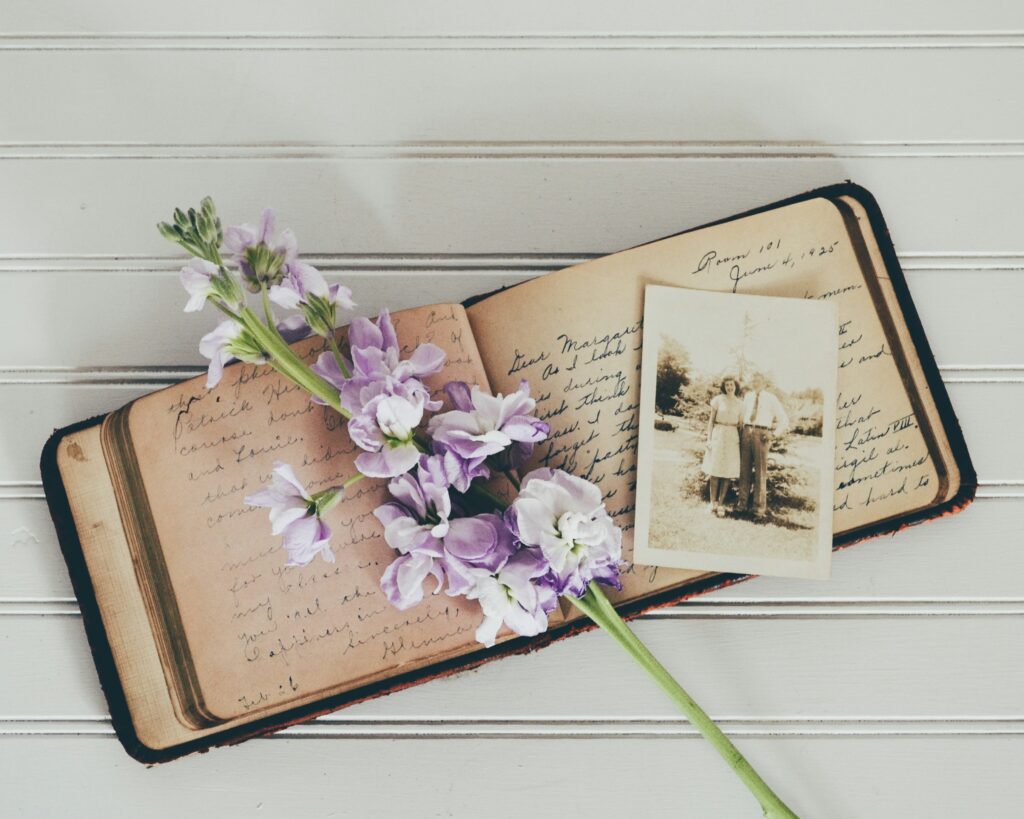
Eyes of the Beholden
Unspoken desires linger in the shadows of a teacher's life, revealed through art
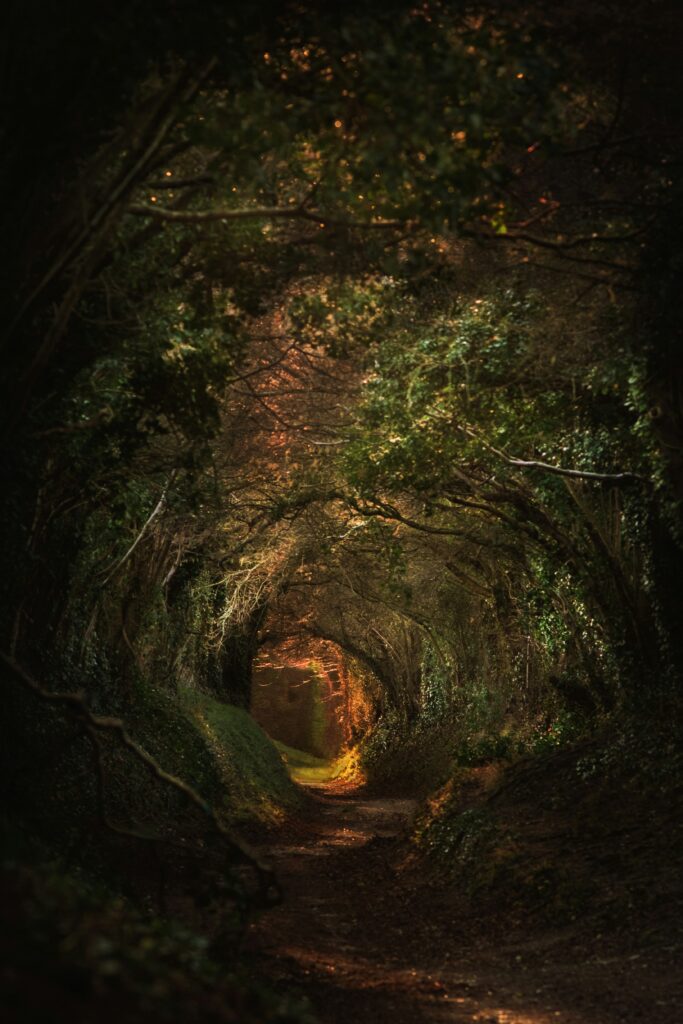
LOST
Bessie's odyssey through stormy nights, lost love, and secret graveyards unfolds with haunting beauty in "Lost" by Sandra Dennis.
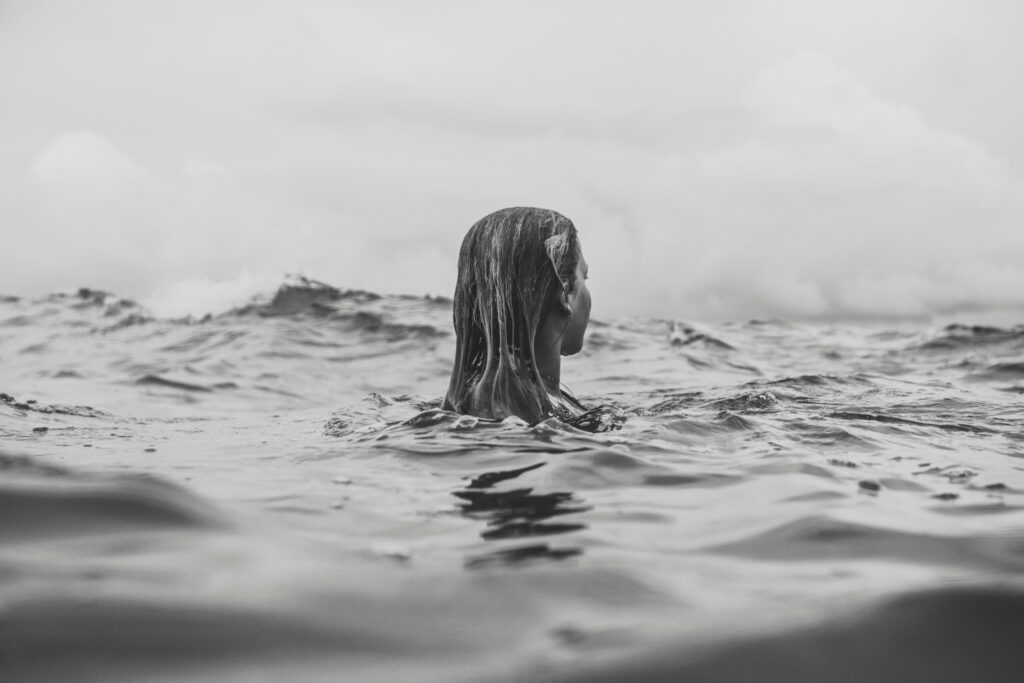
Water Rising
Amidst a flood, a woman grapples with the past, and confronts the consequences in this haunting narrative of resilience.
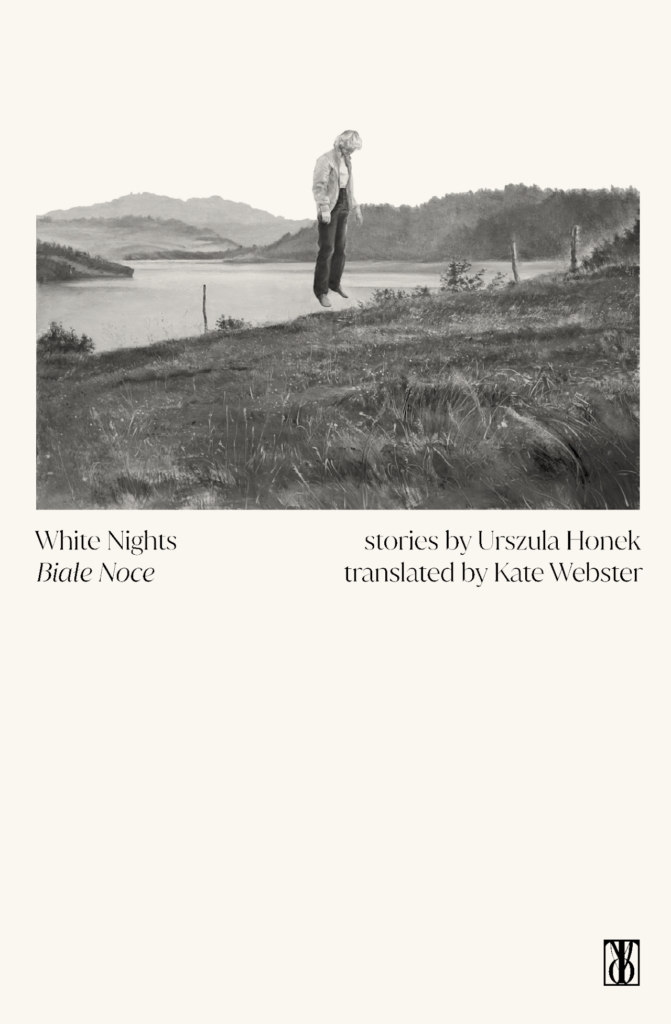
Book Review: White Nights by Urszula Honek
The debut short story from Polish writer Urszula Honek, White Nights, is akin to reading an account of a haunted place – one that is beautiful and devastating in equal
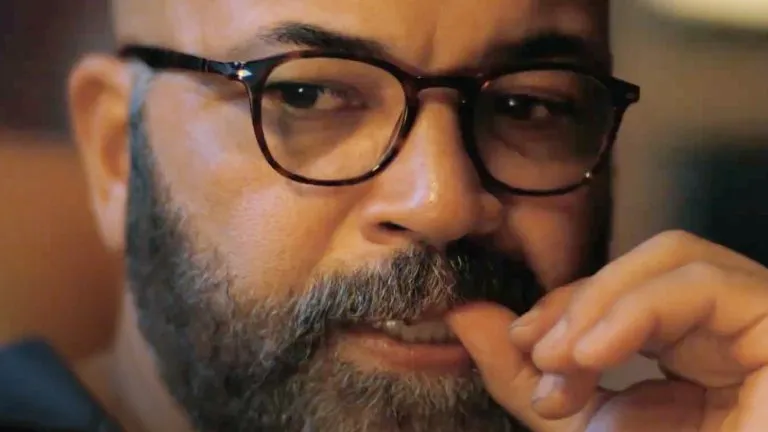
Beyond the Surface: The Multifaceted Lives of ‘American Fiction’
In essence, "American Fiction" and the experiences it draws from remind us that we are indeed more than the sum of our parts.
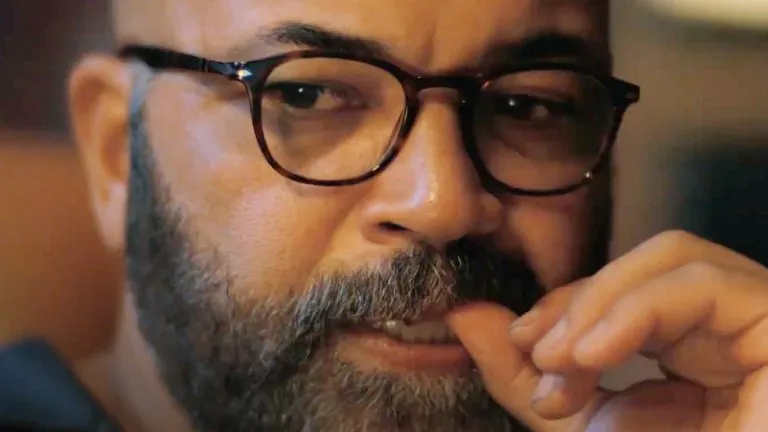
Beyond the Surface: The Multifaceted Lives of ‘American Fiction’
The narrative of “American Fiction” unfolds with a dual focus: it not only scrutinizes the unique pressures faced by Black creatives but also delves into the intricate and sometimes tense…
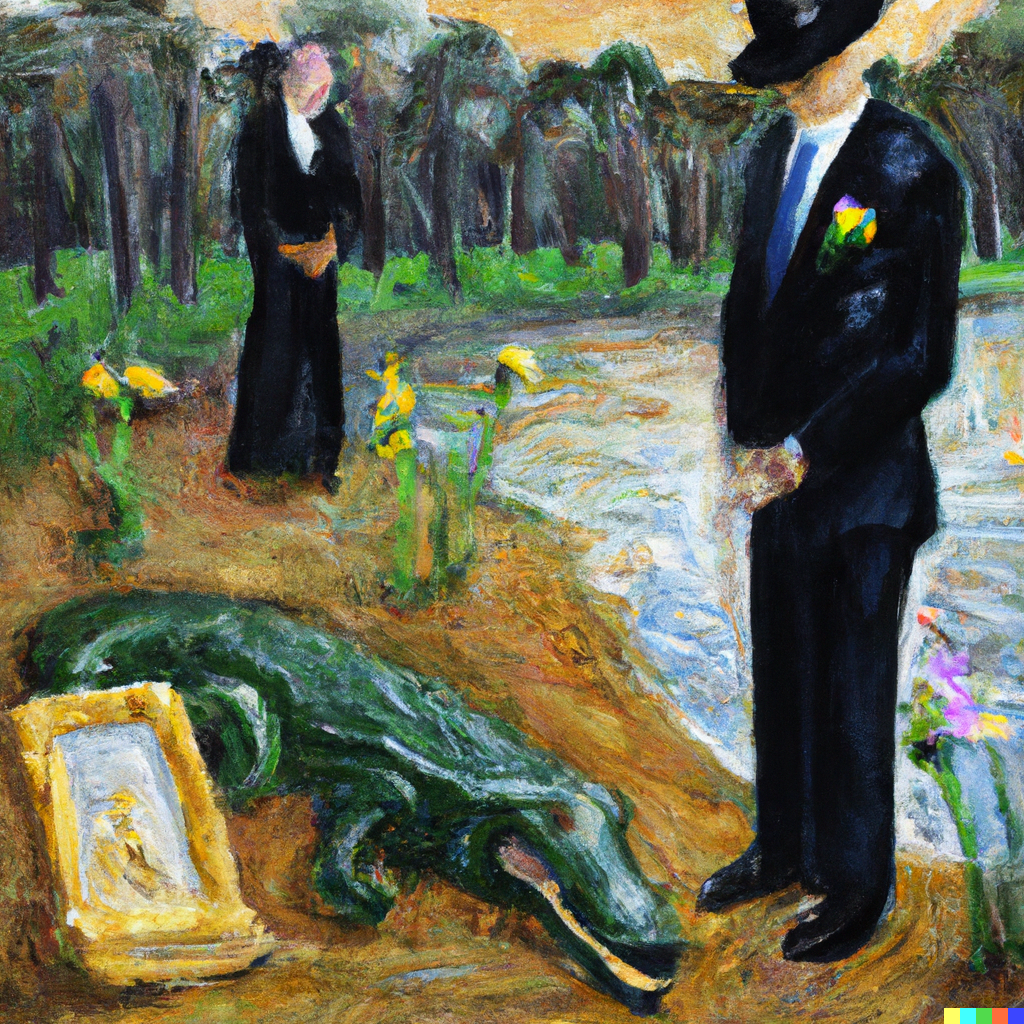
Uncle Bobby’s Funeral
Reluctant family faces the eccentricities of Uncle Bobby's funeral in swampy Chipley.




